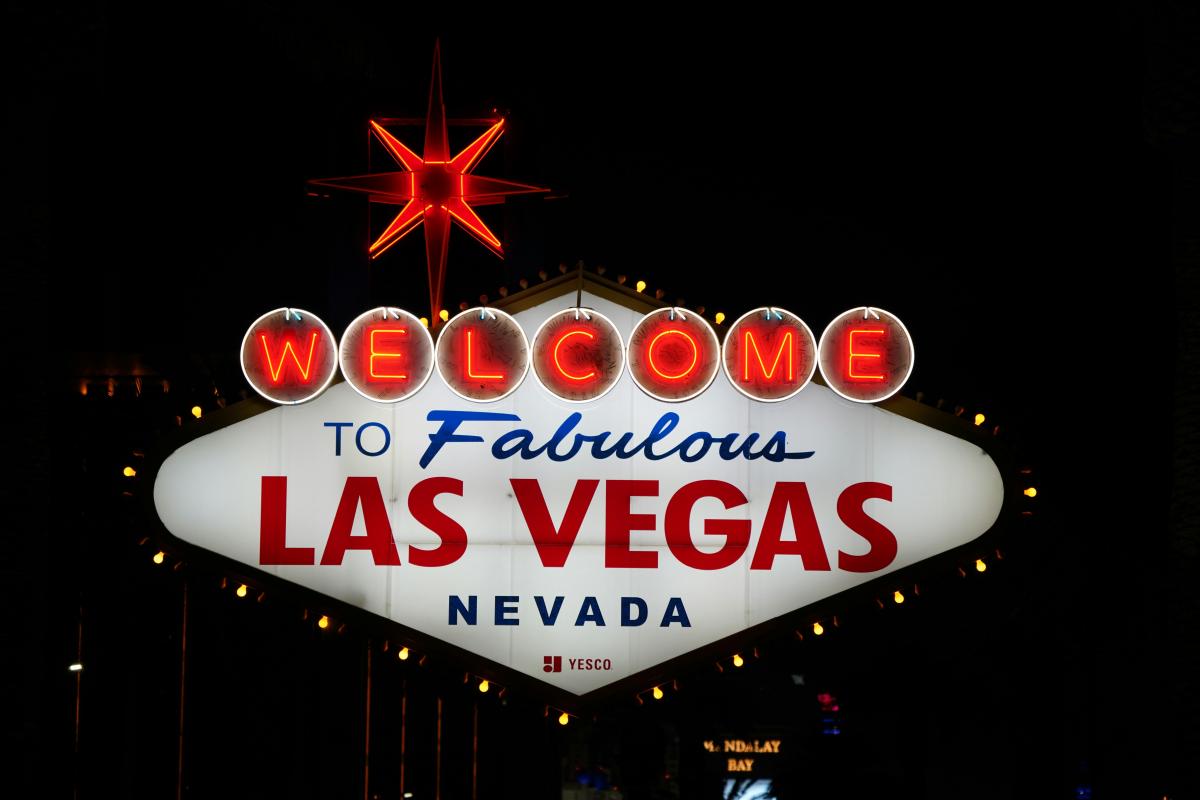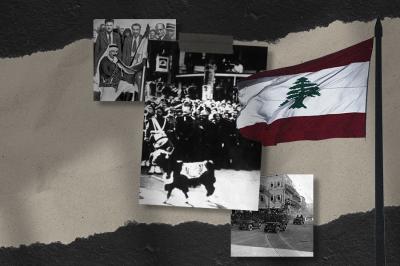From a remote desert town of just 800 residents, Las Vegas evolved out of a sleepless city, into an empire built on roulette wheels, poker chips, and bets that only pay off once… if you're lucky. It wasn’t born in sin, but it embraced it—and turned it into an identity.
The transformation began in 1931, when the state of Nevada legalized gambling—a turning point that coincided with the construction of the Hoover Dam. The massive infrastructure project brought thousands of workers to the area. After grueling days under the sun, they sought relief in nearby Las Vegas, where Fremont Street lit up with roulette tables and blackjack games. Every payday, the city came alive—then quieted back down to its desert stillness.
But to become a true “gambling haven,” Las Vegas needed more than roulette tables and bored workers—it needed money, expertise, and a serious appetite for risk. That boldness came not from Wall Street, but from Los Angeles—carried not in private jets, but in the back of getaway cars. In the late 1930s, Las Vegas became a magnet for illegal gambling operators driven out of California. Chief among them was Guy McAfee, a former vice squad officer who turned gambling kingpin. Fleeing legal trouble, McAfee reinvented himself in Las Vegas as a “respectable investor.”
In 1941 came the idea that changed everything: El Rancho Vegas—the city’s first resort that combined a hotel and a casino—opened on a desolate stretch of road that McAfee would later christen “The Strip.” It was here that gambling transformed from a back-alley vice into a full-blown tourism experience.
Soon, investors swarmed in. Hotels and casinos multiplied not only within city limits but in nearby Paradise, a town created by developers to dodge Las Vegas taxes. The booming business didn’t go unnoticed by another powerful player: the mafia. From New York to Chicago, organized crime families saw in Vegas a golden opportunity—a legal façade under which to carry out what they'd always done in the shadows. And so they moved in.
By the 1960s, times were changing. The big mob names slowly gave way to legitimate businessmen. Industrialist Howard Hughes famously bought the Desert Inn and then added more properties to his growing portfolio. In 1967, a law passed allowing corporations to own casinos, signaling a shift toward what would become the era of "clean investment and regulation."
Though gambling never left the city’s core, Las Vegas rebranded itself. It became more than a place to win or lose a fortune—it turned into a global hub for conventions, entertainment shows, combat sports, and celebrations found nowhere else.
From desert dust to dazzling neon, Las Vegas climbed to the pinnacle of glory—where money speaks, history winks, and the mafia now watches from afar.
Please post your comments on:
[email protected]
 Politics
Politics













